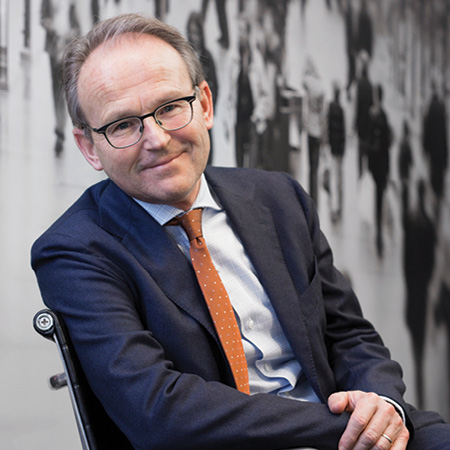When Marcel Kokkeel begins describing his vision for the Citycon shopping centres, it almost sounds like they are in the business of creating mini cities.
To the chief executive of Citycon, retail is now about far more than a selection of shops. In a world where shopping centres are competing with online as well as other bricks-and-mortar retailers, Citycon needs to act as a magnet for the community. “You need to give real estate another layer, otherwise people won’t come,” Marcel says.
That additional layer starts with the shopping experience delivered by having the best tenant mix and the best service. “The second reason to go to shopping centres is that they are places to stay — like a second home. That means we should improve the atmosphere and give people more reasons to visit other than just doing the shopping,” he says.It’s a holistic vision of retail where customers are drawn by community facilities such as healthcare, nurseries, gyms, and libraries as well as a wide variety of food and beverage options. “Food and beverage is becoming more and more important for shopping centres, and it’s not just fast-food chains. It’s important that you also offer high-quality simple lunch and dinner opportunities for customers, close to their homes and close to their workplaces. That is a megatrend that you see everywhere.”
To complete the picture, shopping centres need to be well integrated with public transport links. “In most of our shopping centres, public transport is not just there; it is connected to our shopping centres directly. Many times you see bus lines, metro stations, train stations in our shopping centres.” As he sums up: “We look at shopping centres today as urban hubs, and we provide commerce and community.”
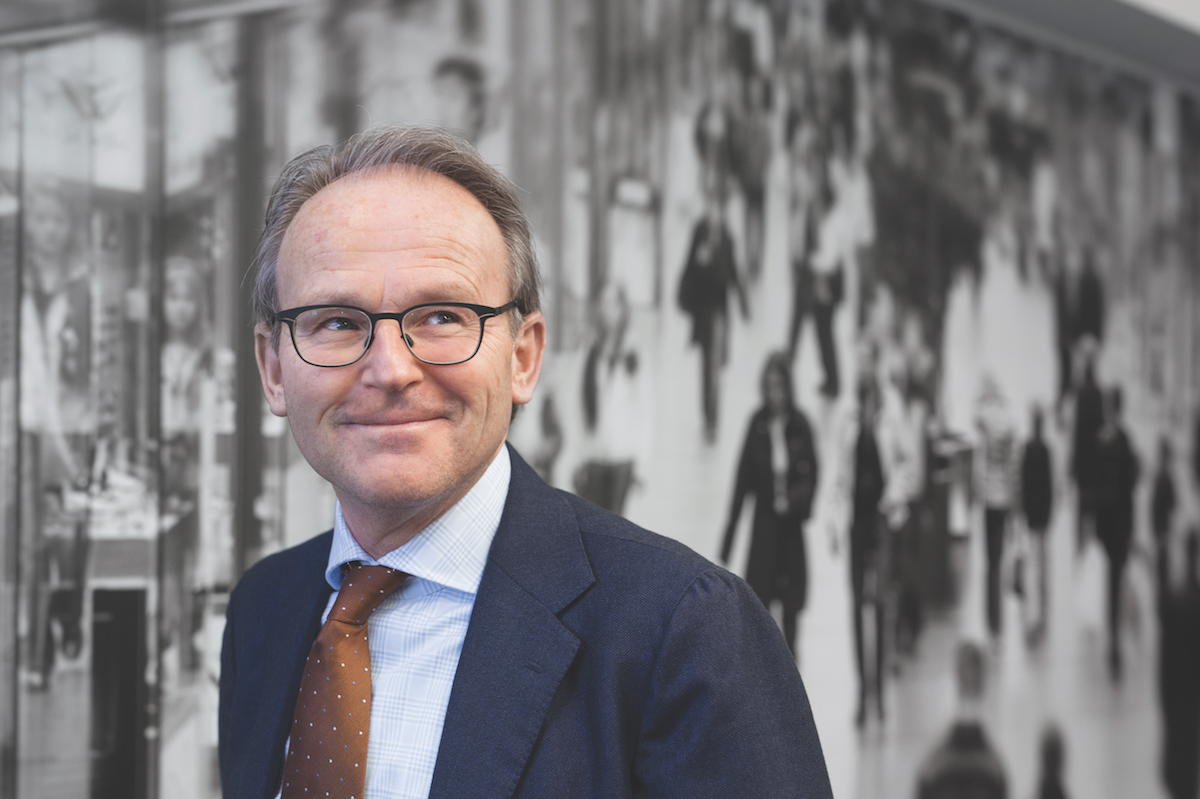
Taking the reins
When Marcel took the reins at Citycon in 2011, the company was lacking a clear direction. “When I joined the company, it was clear it had limped along too long between the actions of the past and there was not a clear vision and forward-looking strategy for the future,” he says.
The chairman wanted the Finland-based company to have a bigger profile and be more international in focus. So they picked a Dutch man, Marcel, to lead the transformation. “He wanted to make a drastic change, so that was why they did not choose a Finnish, or even a Nordic, person at that time.”
It wasn’t just his Dutch nationality that Marcel had in his favour. He also had an extensive background in real estate, holding various roles in the Royal Ahold NV Group from 1985 to 2004, including chief executive and president of Ahold Real Estate Europe. From there he held the role of chairman at Bouwfonds Property Finance from 2004 to 2006 and head of the West Europe Division at Multi Corporation from 2006 to 2011.
“At Ahold I learned what management is about; at Bouwfonds I learned about saying no, especially when it comes to financing; and at Multi I learned how to create something out of nothing,” he says. When a recruiter approached him about the Citycon role in 2011, part of the appeal was a chance to lead a listed company and live abroad.
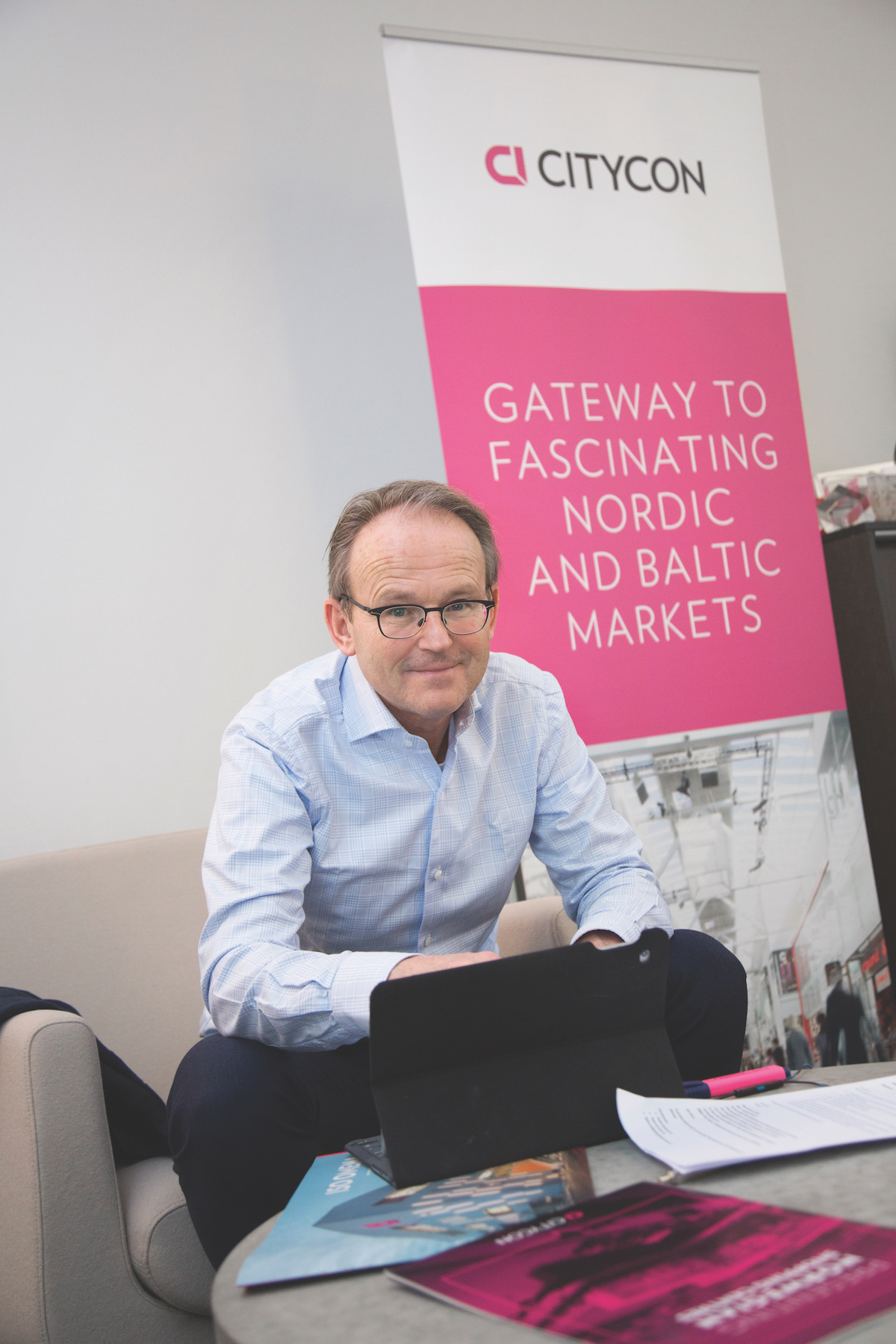
“We look at shopping centres today as urban hubs, and we provide commerce and community.” – Marcel Kokkeel
“After seeing the job description, the potential of the company, and having discussions with the chairman, I decided, with my family, to take the step and move to Finland.” And he hasn’t looked back.
“Finland is a very well-organised country; everything works and everybody works. Compared to other parts of Europe, it is a very predictable environment where you can easily adjust. It’s a comfortable environment to live in. Of course, there is the darkness and the cold weather, but that has never depressed me.”
Ringing in the changes
Having made the move, Marcel’s first task was to define where the company needed to be in 5 years time to achieve the desired international focus. Looking back, he says, part of the challenge was getting the company aligned with the vision. “This company wasn’t used to change, and the world that we have been managing over the past 5 years involved constant change. We changed the strategy, we changed the way of working, and we changed a lot of people, including within the management team and the organisational structure. Getting the right people in the right spot is part of the challenge because you can’t do everything on your own.”
Fast forward 6 years and he’s ringing in the changes. The balance sheet is stronger, with total assets under management of €5 billion, and it has reduced gearing. “It’s not a shy Finnish company anymore but a proud Nordic company that is well known in the international world of investors and retailers.” It currently has 52 shopping centres spread across Finland, Norway, Sweden, Estonia and Denmark, and 5 other retail properties. To Marcel, the company has reached the halfway mark. “For Citycon, half of the dream has become a reality. We still have a lot to do.” So what is still on the to-do list? “3 to 5 years from now you will probably see less property; a number of properties with increased size, improved atmosphere, and a focus on capital cities and larger cities in the countries we operate in,” he says.
Creating urban hubs
He highlights the example of Liljeholmstorget Galleria in Stockholm. “6 years ago when I joined this company, Liljeholmen was one of the headaches. It had a 20% vacancy. It was just after completion of a very difficult redevelopment, and actually we were able to turn that around quite quickly, and also create a shift in the minds of customers.”
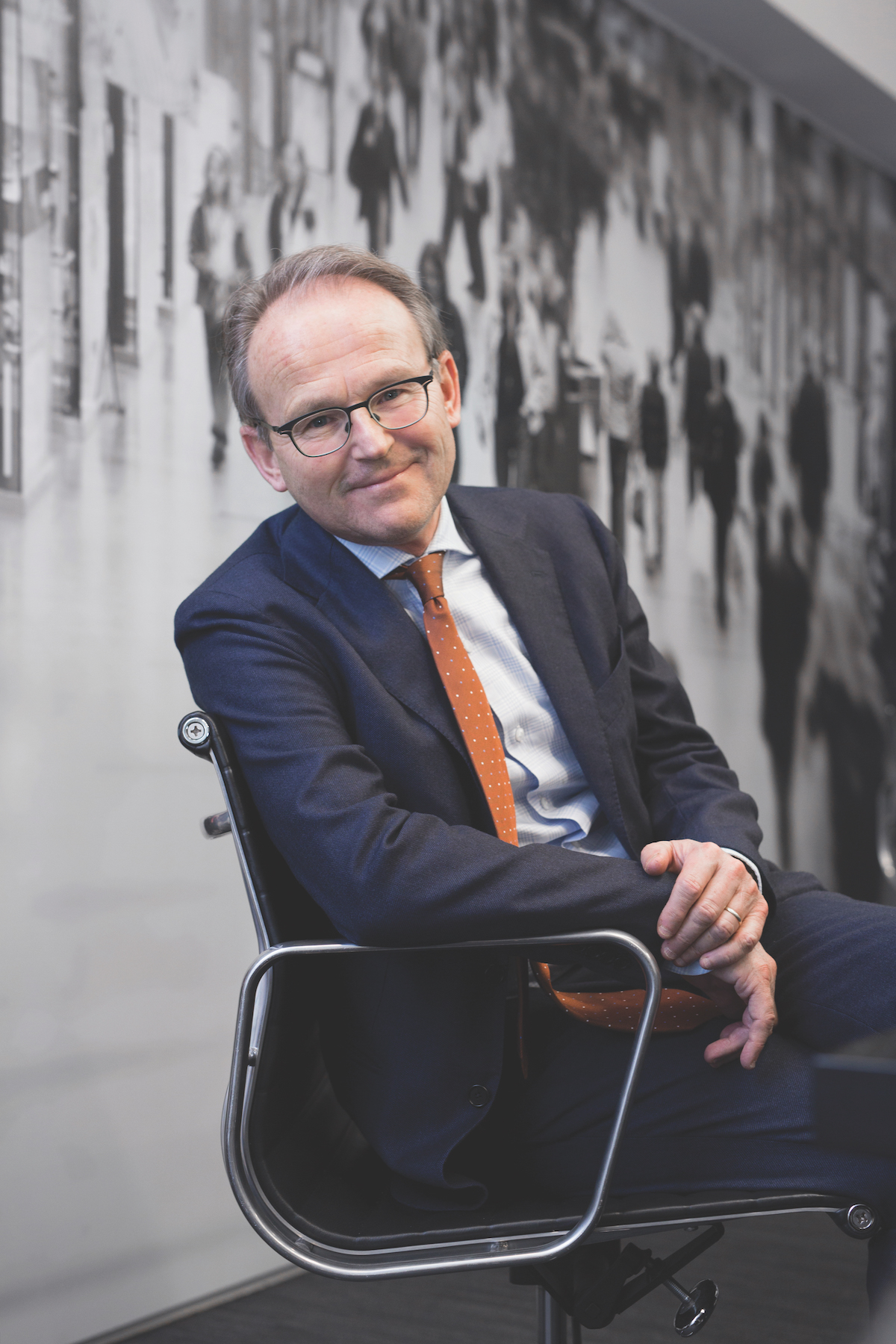
“It’s not a shy Finnish company anymore but a proud Nordic company.” – Marcel Kokkeel
The process was assisted by some of the existing tenants in the shopping centre, in particular ICA, which has grown strongly over the past couple of years. “Sometimes you can be lucky and sometimes you need to team up with very strong friends. I think the best ICA store I have ever seen is in Liljeholmen.” Better public transport links were established and Citycon improved communication with people living and working in the community. “If you go to Liljeholmen now, you will see a fully packed shopping centre with the kind of atmosphere that every customer wants to experience in a daily shopping centre: it’s nice but not overwhelming; everything is convenient, efficient, in place and stylish.”
Next in line for a transformation is Stockholm’s Kista Galleria. “When we bought Kista, everybody talked about the upcoming Mall of Scandinavia for good reason: it was only 10 kilometres away.” Citycon changed the tenant mix dramatically. About a quarter of its tenants are now in food and beverage, and annual footfall stands at about 19 million visitors, similar to the level it was achieving before Mall of Scandinavia opened in 2015.
“That is very much driven by public transportation, the great location, and the good tenant mix that we have improved over time,” he says. “Now we are in a position to take Kista to the next stage, which is an enlargement of the retail area of 14,000 square metres and the integration of the train station into the shopping centre. On top of the new extension, there will be a library, maybe a hotel, and lots of residential.”
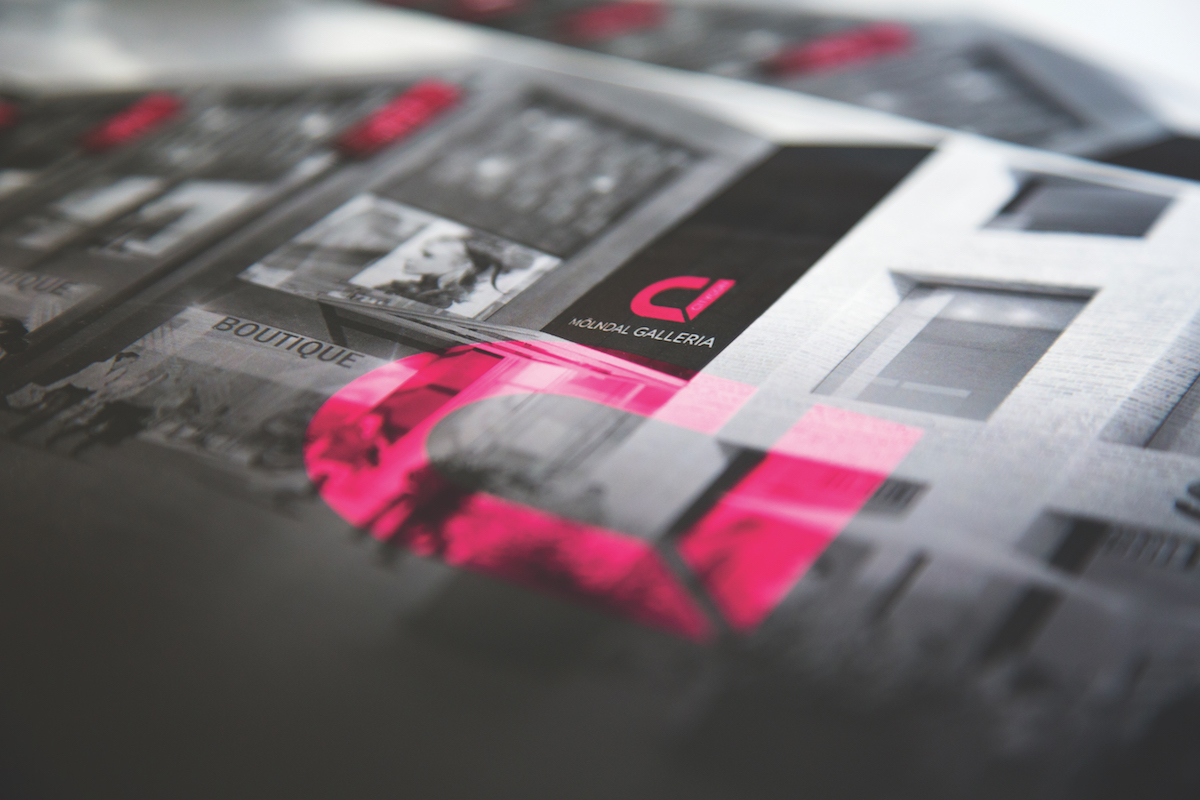
Digital future
To Marcel, the upgrade epitomises Citycon’s vision for the future of shopping centres. “This is the heart of what we want to do and how we want to be more engaged with the community than we are today. I am not only talking about retail; I am talking about an urban position that started from retail,” he says. Alongside that vision, the company is exploring how it can use digital in its favour.
“Digital is the big challenge in retail; everybody is talking about it. Only a couple of companies do it successfully, and I think we are one of those companies. But it still should grow and we should still improve it going forward.” Citycon is using Iso Omena, its largest shopping centre in Espoo, Finland, as a testing ground for a new digital system called the Citycon Community Club. It has recently been extended, with 6,000 square metres of library and healthcare facilities added, and it is moving towards having metro lines fully integrated into the shopping centre. The free membership will deliver benefits to loyal customers. For instance, explains Marcel, customers generally pay for parking at Iso Omena after 2 hours. “But for Citycon Community Club members, there are 2 additional hours of free parking, and the beam will open automatically when it recognises their number plate.”
It’s a philosophy — “to discriminate in favour of people who are very loyal to you” — that the airlines have had in place for years. “This is based on the same system and philosophy, so we will grow that philosophy and we think digital is the way to take it forward.”

